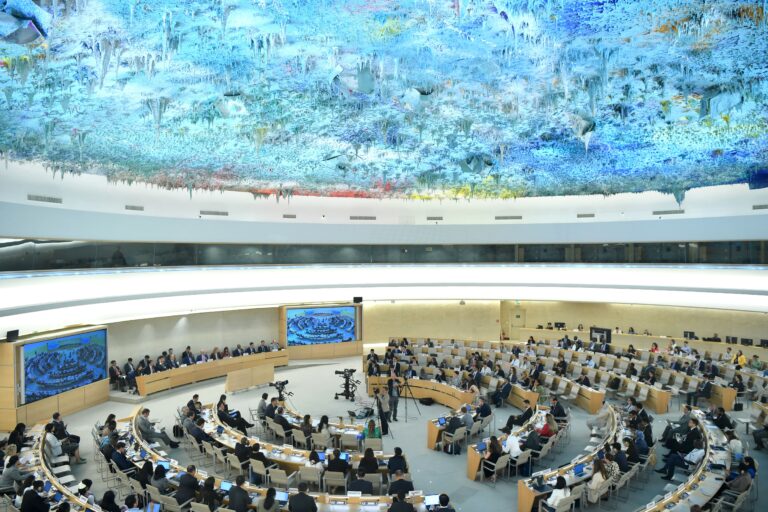(IAPA/IFEX) – The following is a 29 December 2004 IAPA press release: IAPA concerned about tax punishment for press in Nicaragua Miami (December 29, 2004).- The Inter American Press Association (IAPA) expressed its concern about a constitutional reform in Nicaragua that abolishes the tax exempt status of the press, a measure that is being condemned […]
(IAPA/IFEX) – The following is a 29 December 2004 IAPA press release:
IAPA concerned about tax punishment for press in Nicaragua
Miami (December 29, 2004).- The Inter American Press Association (IAPA) expressed its concern about a constitutional reform in Nicaragua that abolishes the tax exempt status of the press, a measure that is being condemned as a punishment against the critical and independent press.
In mid-December, the National Assembly of Nicaragua approved on first reading a reform to Article 68 of the Constitution of 1995 that would eliminate a clause exempting newspapers from paying taxes. Final approval of this reform is expected in January.
The chairman of the IAPA’s Committee on Freedom of the Press and Information, Gonzalo Marroquín, stated that “it worries us that this may be a legislative trick to punish the media to for its critical stance.” He added that although the IAPA does not seek special privileges, it “cannot remain quiet when Principle 7 of the Declaration of Chapultepec, which establishes that the State cannot apply economic measures to ‘reward or punish the media or individual journalists’, is being violated.”
The constitutional reform proposed by the National Assembly, whose majority lies in the hands of the Liberal Constitution Party and the Sandinista National Liberation Front, would modify Article 68, which stipulates that: “The importation of paper, machinery and equipment and parts for the media – newspaper, television and radio – as well as the importation, circulation and sale of books, brochures, magazines, educational and scientific materials, dailies and other periodical publications, are exempt from any kind of local, regional or fiscal taxes.”
Marroquín, editor of the Guatemalan newspaper Prensa Libre, added that the collection of these taxes rather than being a benefit to society, would instead “represent a punishment for the public since it could result in an increase in the cost of newspapers, which would lower the public’s access to more diverse and pluralist information.”


